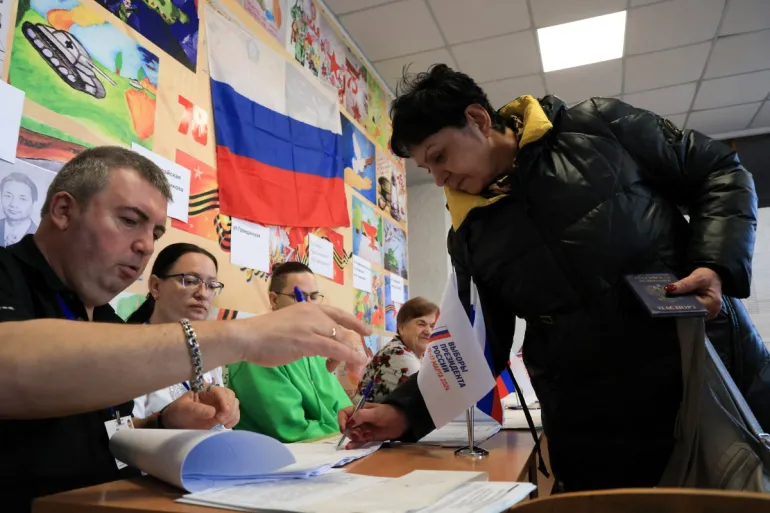In a recent turn of events that has captivated global attention, Vladimir Putin has vociferously railed against Ukraine, casting a long shadow over the Russian presidential election. This development, unfolding against a backdrop of heightened tensions and unexpected attacks, marks a critical juncture in Russia’s political landscape. As we delve deeper into Putin’s condemnation, the implications of these attacks on the electoral process, and the broader geopolitical ramifications, it becomes evident that this moment is more than just a blip in the electoral cycle—it’s a reflection of the intricate interplay between domestic politics and international relations. Attacks on Ukraine
The Catalyst of Contention
Initially, Putin’s vehement criticism of Ukraine serves as a catalyst, igniting a flurry of reactions both within Russia and on the international stage. This stance, articulated amidst the electoral fervor, underscores the deep-seated issues at the heart of Russia-Ukraine relations. Moreover, the timing of these attacks, coinciding with the presidential election, raises questions about the motives and intended messages behind such actions. This convergence of domestic electoral politics and international posturing highlights the complex dynamics that define Russia’s current political and geopolitical landscape.
Electoral Implications
Furthermore, the attacks that have marred the Russian presidential election bring to light the vulnerabilities and challenges of conducting a national election under such circumstances. These incidents not only disrupt the electoral process but also sow seeds of uncertainty and fear among the electorate. Additionally, the situation tests the resilience of Russia’s political institutions and their ability to ensure a free, fair, and peaceful electoral process. The shadow cast by these events over the election speaks volumes about the interconnection between internal stability and external pressures.
The Geopolitical Echoes
Moreover, Putin’s railing against Ukraine and the subsequent attacks have broader geopolitical implications, resonating beyond Russia’s borders. This development is closely watched by international observers, allies, and adversaries alike, as it offers insights into Russia’s foreign policy direction and its stance on regional security issues. The situation underscores the delicate balance of power in Eastern Europe and the potential for escalation if diplomatic tensions are not managed carefully. Furthermore, it highlights the role of international diplomacy and dialogue in addressing and resolving such conflicts.
Navigating the Path Forward
Additionally, navigating the path forward in the aftermath of these events requires a nuanced approach that balances domestic priorities with international responsibilities. The Russian government faces the dual challenge of addressing the grievances aired during the election while also engaging in constructive dialogue with Ukraine and the broader international community. This balancing act is crucial for maintaining national cohesion, ensuring the legitimacy of the electoral process, and fostering a stable and secure regional environment. Attacks on Ukraine
Inspired by Al-Jazeera News and Rear More Articles Here, Read Previous Blog Also.
